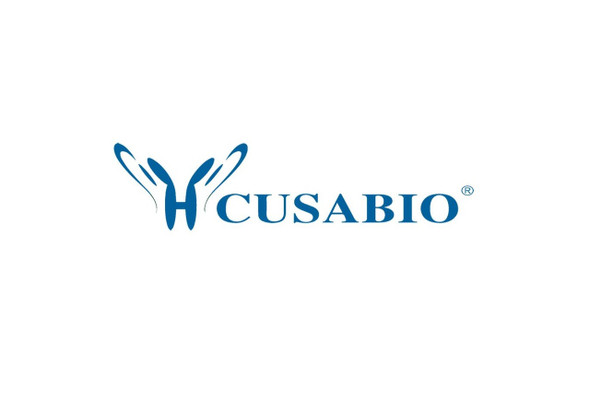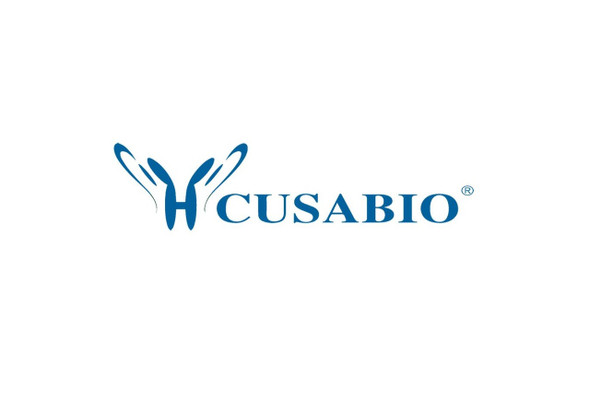Cusabio Active Proteins
Recombinant Human Carbonic anhydrase 13 (CA13) (Active) | CSB-AP005401HU
- SKU:
- CSB-AP005401HU
- Availability:
- 5 to 10 Working Days
Description
Recombinant Human Carbonic anhydrase 13 (CA13) (Active) | CSB-AP005401HU | Cusabio
Protein Description: Full Length
Alternative Name (s) : Carbonic Anhydrase 13; Carbonate Dehydratase XIII; Carbonic Anhydrase XIII; CA-XIII; CA13
Gene Names: CA13
Research Areas: Cell Biology
Species: Homo sapiens (Human)
Source: E.coli
Tag Info: C-terminal 6xHis-tagged
Expression Region: 1-262aa
Sequence Info: MSRLSWGYREHNGPIHWKEFFPIADGDQQSPIEIKTKEVKYDSSLRPLSIKYDPSSAKIISNSGHSFNVDFDDTENKSVLRGGPLTGSYRLRQVHLHWGSADDHGSEHIVDGVSYAAELHVVHWNSDKYPSFVEAAHEPDGLAVLGVFLQIGEPNSQLQKITDTLDSIKEKGKQTRFTNFDLLSLLPPSWDYWTYPGSLTVPPLLESVTWIVLKQPINISSQQLAKFRSLLCTAEGEAAAFLVSNHRPPQPLKGRKVRASFH
Biological Activity: The esterase activity is determined to be greater than 1000 pmol/min/ug
MW: 30.51 kDa
Purity: Greater than 95% as determined by SDS-PAGE.
Endotoxin: Less than 1.0 EU/µg as determined by LAL method.
Relevance: Carbonic Anhydrase 13 (CA13) belongs to the carbonic anhydrase family which can catalyzes the reversible hydration recation of carbon dioxide. Carbonic anhydrases participate in many biological processes, including respiration, calcification, acid-base balance, bone resorption, and the formation of aqueous humor, cerebrospinal fluid, saliva, and gastric acid. CA13 is a cytosolic enzyme and is widely expressed in human, such as thymus, small intestine, spleen, prostate, ovary, colon and testis, indicating that it may play a key role in several organs. CA13 is inhibited by acetazolamide.
PubMed ID:
Notes: Repeated freezing and thawing is not recommended. Store working aliquots at 4℃ for up to one week.
Function: Reversible hydration of carbon dioxide.
Involvement in disease:
Subcellular Location:
Protein Families: Alpha-carbonic anhydrase family
Tissue Specificity: Expressed in thymus, small intestine, spleen, prostate, ovary, colon and testis.
Paythway:
Form: Liquid
Buffer: 0.2 μm filtered 20 mM Tris-HCl, 150 mM NaCl, pH 7.5
Reconstitution:
Uniprot ID: Q8N1Q1
Uniprot Entry Name:
HGNC Database Link: HGNC
UniGene Database Link: UniGene
KEGG Database Link: KEGG
STRING Database Link: N/A
OMIM Database Link: OMIM









